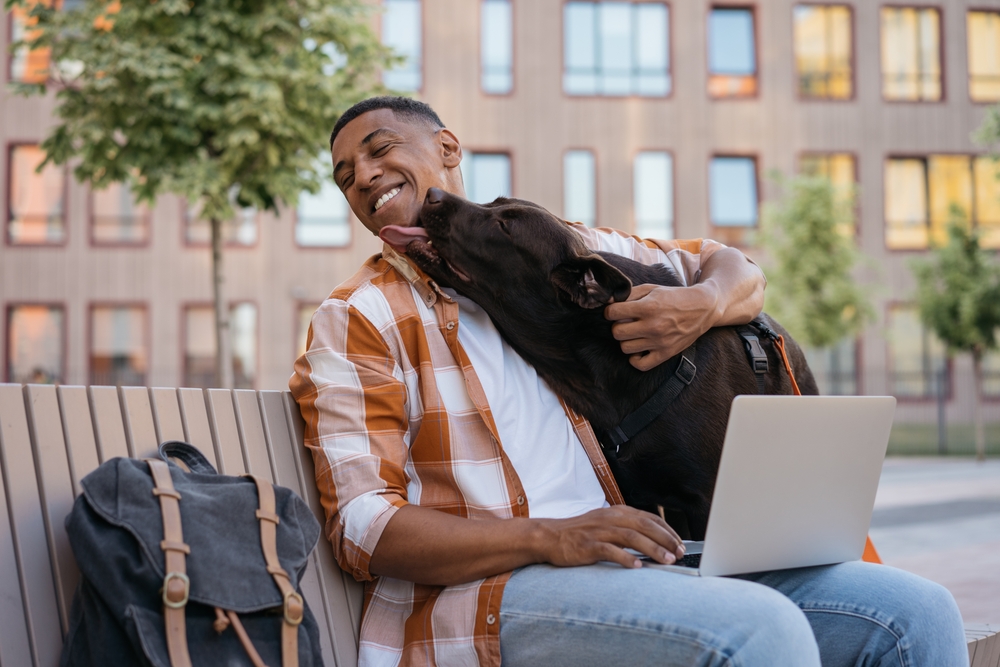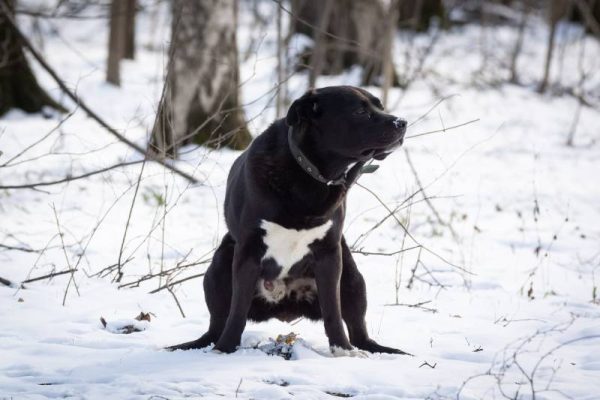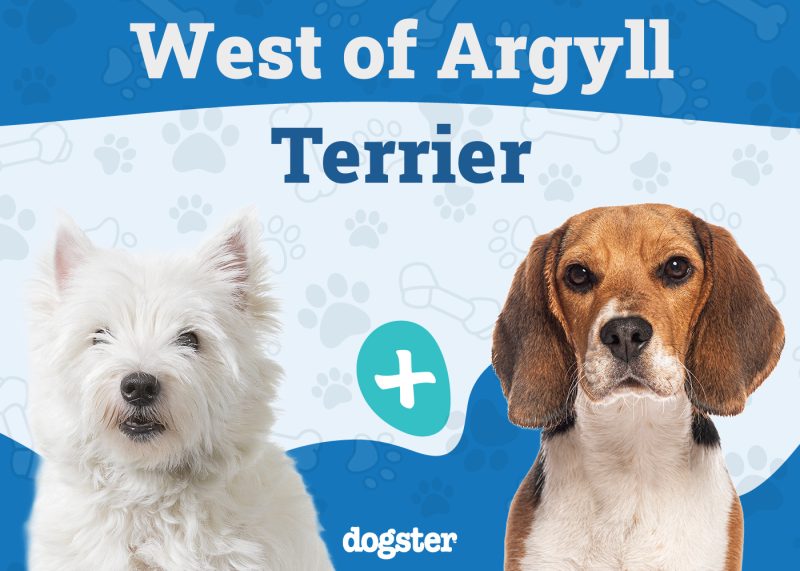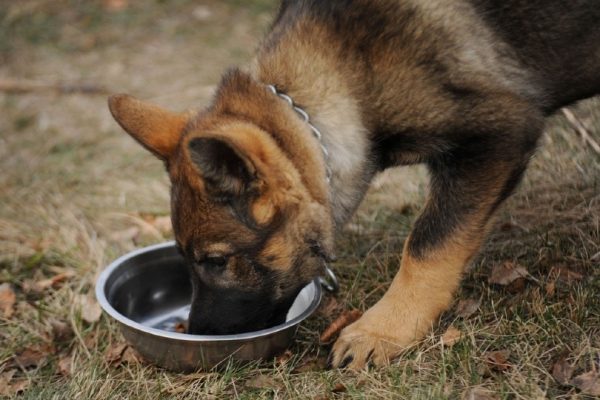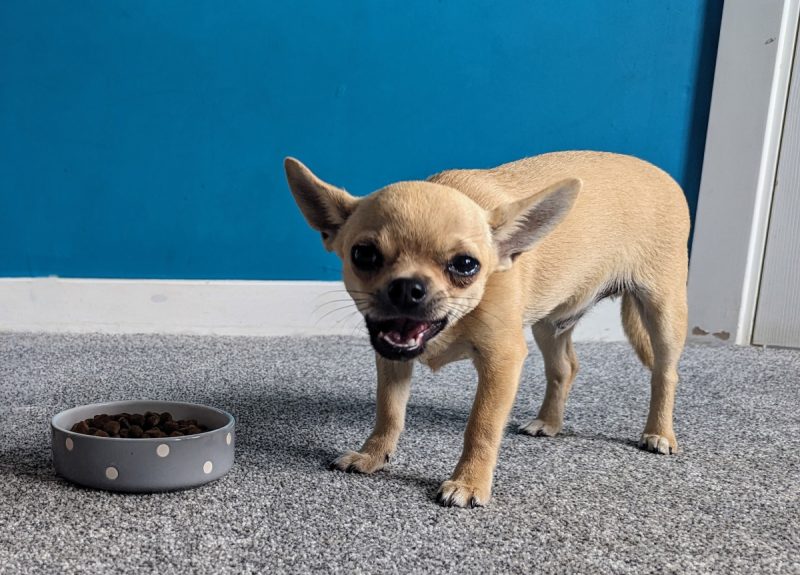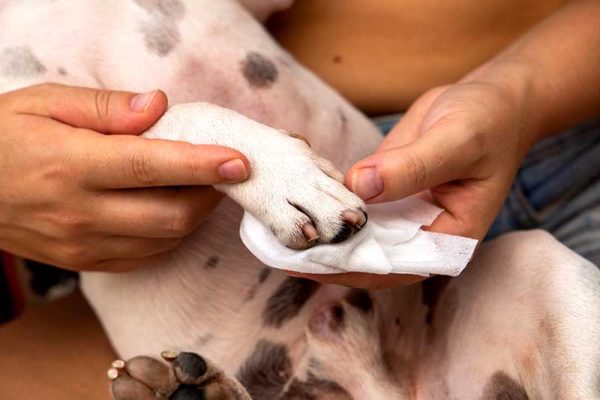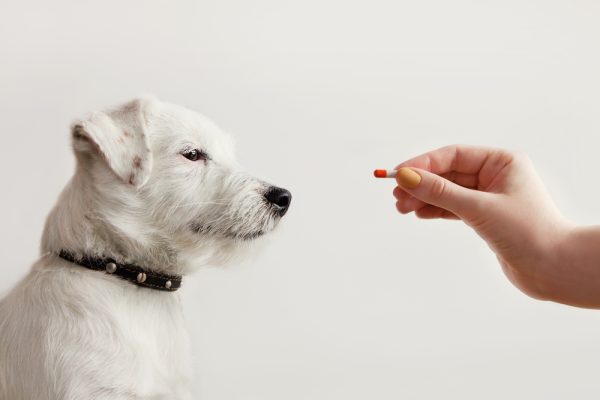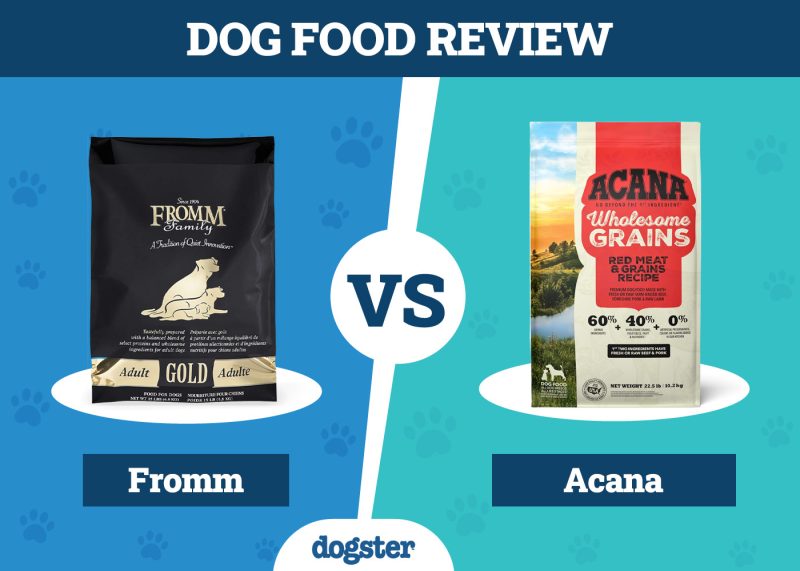Going to college is a significant life transition. Many people rely on their pets for emotional support and companionship, especially in new and uncertain periods of their lives. While many colleges have a no-pets policy, some colleges allow pets on their campus and have even gone the extra mile to make their campuses more pet-friendly.
If you’re in the process of researching colleges, it’s worth looking into some pet-friendly colleges that allow your dog to move in with you. Here are some dog-friendly colleges in the United States that you can explore.

How Are Dog-Friendly Colleges Classified?
Dog-friendly colleges are classified as colleges that allow pets to live with their owners on campus. These colleges usually have designated dormitories that allow pets in rooms and some common areas. They may also have pet stations around campus that make it easy for dog owners to let their dogs exercise and pick up after them.
It’s important to note that dog-friendly colleges have different rules and regulations for dogs, such as weight and breed restrictions. So, it’s still important to inquire at the admissions office about the college’s pet policy to ensure your dog can move in with you.

The 13 Dog-Friendly Colleges in the United States
1. Eckerd College
| City: | Petersburg, Florida |
| Dog Weight Limit: | 40 pounds |
Eckerd College is one of the most pet-friendly colleges in the US and was featured on Animal Planet. It’s been pet-friendly since 1973 and even has a tradition of holding pet graduation ceremonies every spring. It doesn’t have a breed restriction, but only dogs that are under 40 pounds are allowed.
Dogs can move in with their owners in their second semester of attending college. Dogs must have already been pets, and no dogs that have been adopted or acquired during the student’s time at college are allowed to live on campus.
2. Stephen’s College
| City: | Columbia, Missouri |
| Dog Weight Limit: | N/A |
Stephen’s College welcomes all types of pets, including dogs. While their website doesn’t list any weight limits, they do have some breed restrictions. Dogs must also be at least 6 months old and spayed or neutered. They also must be crate trained and in their crates whenever their owners aren’t in the room with them.
Stephen’s College also has a pet fostering program that enables students to take care of various foster animals while living on campus.
3. Lees-McRae College
| City: | Banner Elk, North Carolina |
| Dog Weight Limit: | 40 pounds |
Lees-McRae College allows cats, dogs, and fish on campus and has several designated pet-friendly residence halls. Dogs must be at least a year old before they’re able to move in with their owners. They must also have lived with the owner for a minimum of 10 months to qualify for registration.
Lees-McRae does have breed restrictions and prohibits students from caring for and adopting stray dogs.
4. Stetson University
| City: | DeLand, Florida |
| Dog Weight Limit: | 50 pounds |
Stetson University has a couple of pet-friendly residential housing options that allow dogs under 50 pounds. It does have some breed restrictions, and dogs must be at least a year old and have lived with their owners for at least a year. It also only allows one pet per room, so it’s important to coordinate with your roommate to ensure you don’t exceed the pet limit.
5. Washington & Jefferson College
| City: | Washington, Pennsylvania |
| Dog Weight Limit: | N/A |
Washington & Jefferson College has a fairly pet-friendly campus and is continuing to make improvements to become even more pet-friendly. It recently renovated two residence halls in 2021 to become more pet-friendly. These residence halls have dog wash stations, a kitchen, and other amenities that make it easier to care for dogs on campus.
6. Reed College
| City: | Portland, Oregon |
| Dog Weight Limit: | N/A |
Reed College doesn’t allow dogs in their residence halls, but they do allow dogs in their on-campus apartments. Each apartment is allowed to have one dog or cat and the pets must be at least 6 months old and neutered or spayed.
7. University of Northern Colorado
| City: | Greeley, Colorado |
| Dog Weight Limit: | 40 pounds |
The University of Northern Colorado offers pet-friendly communities for two of its residence halls. These pet-friendly communities allow both cats and dogs to live with their owners.
The University of Northern Colorado is also an ideal location for people who enjoy spending time with their dogs outdoors. It’s near several different nature parks, including the Rocky Mountain National Park. So, you and your dog can enjoy many fun weekend excursions together.
8. Johnson and Wales University
| City: | Providence, Rhode Island |
| Dog Weight Limit: | 40 pounds |
Johnson and Wales University has limited pet-friendly options, but it does have a few dog-friendly floors in some of its residence halls. Owners can bring up to one pet, and dogs must be under 40 pounds when fully grown. Dogs must also be at least a year old and must be a breed that’s approved and compliant with state and city regulations.
9. University of Illinois Urbana-Champaign
| City: | Champaign, Illinois |
| Dog Weight Limit: | N/A |
The University of Illinois Urbana-Champaign has a pet-friendly university-owned apartment that allows one dog per unit. While pet dogs aren’t allowed in residence halls, you may be able to have an emotional support dog live with you. The university also has a sprawling campus that dogs will love exploring. Just make sure that your dog is leashed at all times while on campus.
10. Clarion University
| City: | Clarion, Pennsylvania |
| Dog Weight Limit: | 40 pounds |
Clarion University has an Animal-Friendly LLC that permits dogs under 40 pounds to live with their owners. However, the residence hall that hosts the LLC is reserved for sophomores, juniors, and seniors.
Clarion University is another excellent option for outdoor lovers. It is near very scenic trails located along the Clarion River and is also close to Cook Forest State Park.
11. Lyon College
| City: | Batesville, Arkansas |
| Dog Weight Limit: | 50 pounds |
Lyon College has several pet-friendly residential halls, but it’s important to note their breed and weight restrictions. Dogs must also be at least a year old and fully housebroken.
Lyon College requires all pets to move into the residence hall within the first 2 weeks of the beginning of each semester. Students also aren’t allowed to acquire and take in animals during their stay in the residence halls.
12. Pfeiffer University
| City: | Misenheimer, North Carolina |
| Dog Weight Limit: | 60 pounds |
Pfeiffer University has a more lenient pet weight limit and allows dogs up to 60 pounds to live in their pet-friendly residence hall. However, it still has breed restrictions due to insurance policy regulations.
While it has just one pet-friendly residence hall, life at Pfeiffer University can still be enjoyable for dogs. It has a beautiful campus and is near several hiking trails and nature preserves.
13. SUNY College of Technology at Alfred
| City: | Alfred, New York |
| Dog Weight Limit: | 40 pounds |
SUNY College of Technology at Alfred allows dogs under 40 pounds to live on campus, but it does have one of the stricter pet policies. It has an extensive restricted breed list that excludes many common breeds, including Beagles, Dachshunds, Papillons, and Toy Poodles. You must also submit proof that your dog has completed an accredited obedience course.

Final Thoughts
It is very possible to live with your canine companion while you live on a college campus. Just make sure to review pet policies thoroughly and make sure your dog meets their requirements. Since there is a lot of paperwork involved, it’s best to reach out to your college’s admissions office to receive assistance and instructions for registering your dog to live on campus with you. It may take extra time and effort, but it’ll all be worth it for you and your dog to experience new life transitions together.
Related Reads:
Featured Image Credit: Oleksii Didok, Shutterstock
